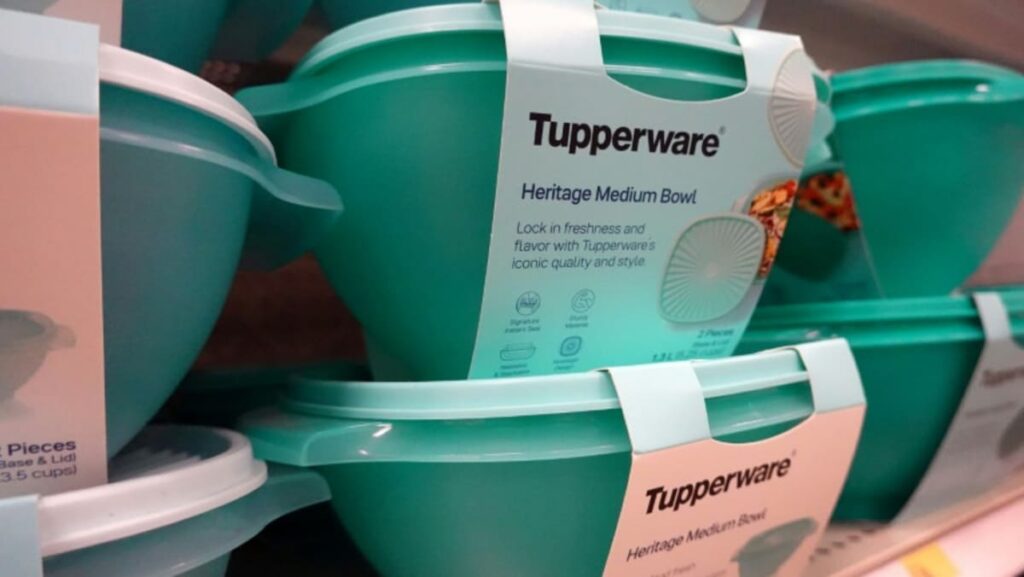A BUSINESS MODEL UNDER PRESSURE
Recently, a range of macroeconomic and cultural factors have slowly eroded the sales and profitability of some of the biggest players in the MLM sector.
Tupperware’s troubles have been brewing for years. The company had not seen an increase in sales since the third quarter of 2021, and in 2023 it had to urgently restructure its debt to keep itself solvent.
Before the bankruptcy announcement, shares in the company (listed on the New York Stock Exchange) had already fallen by about 75 per cent in 2024 alone.
Back in August, another large MLM, perfume and cosmetics giant Avon, also filed for bankruptcy. While a “deluge” of lawsuits was the acute cause, Avon’s model of direct selling had also been under pressure for years.
WHAT HAPPENED?
Times, people and culture all change. Many of the early MLMs like Tupperware and Avon established themselves and thrived most in an era that’s now long gone.
Far fewer women were in full-time work, so were at home. The success stories provided hope and networking in what was in reality a tough and lonely time of bringing up children in suburban Australia in the mid- to late 20th century.
Rates of full-time employment for women have surged since then, meaning many of these brands have also had to adjust their strategy.
Avon acknowledged this in late 2023, when it announced a plan to open its first ever physical stores in the UK. The company had faced consistently declining sales over the past decade.
The then chief executive Angela Cretu said: “Women stayed at home in the past, but now they are going out to work and we have to follow them wherever they spend their time and make the service as convenient as possible.”

